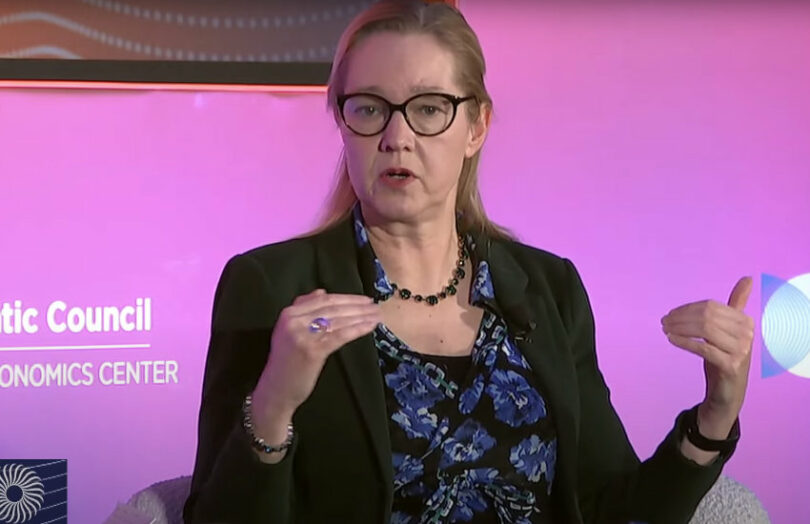The BIS Innovation Hub and Swiss National Bank (SNB) are collaborating with the World Bank to tokenize fund commitments from various countries. Use cases will be explored in conjunction with the IMF. Currently the format for providing funds is paper based promissory notes that are stored in vaults.
Cecilia Skingsley, the Head of the BIS Innovation Hub, spoke briefly about the project during her keynote speech at a central bank digital currency (CBDC) event hosted by the Atlantic Council.
While she didn’t mention figures, the World Bank funding committments for 2022 were $115 billion.
Details of the initiative are still thin on the ground because it’s at a very early stage. This is not an instance where there are a huge number of transactions. In fact, it’s the opposite. However, with the current paper based system there’s reliance on a small number of knowledgeable people. Hence, a key goal is to digitize and automate the process. Ms Skingsley described this continuity as safer.
“Will it save a lot of money? Will it revolutionize the world? Probably not. But it’s a very tangible way to put the technology to work and build to order an area where you shouldn’t have paper anymore,” said Ms Skingsley.
While there’s no confirmation that the project will use blockchain, it seems likely. The World Bank was the first to issued a tokenized bond with the Commonwealth Bank of Australia in 2018. More recently, it was the first to use Euroclear’s blockchain infrastructure to issue another digital bond. It’s also exploring blockchain for infrastructure projects such as roads, power plants and renewable energy projects. Each could involve tokenized securities.
Update: the first draft said the promissory notes were commitments to emerging economies. This was corrected. They are commitments of contributing countries to the World Bank.






